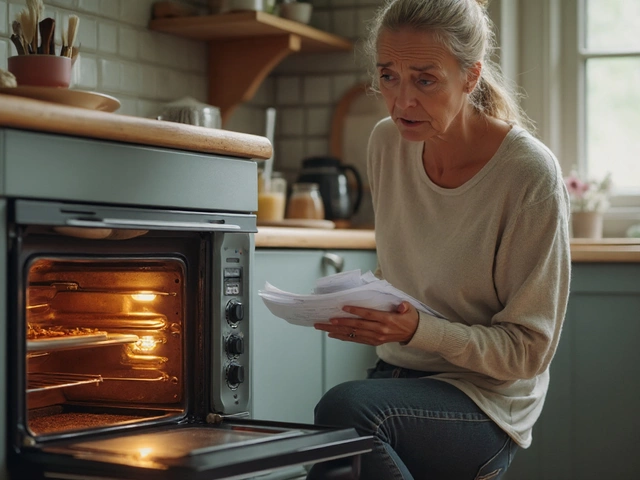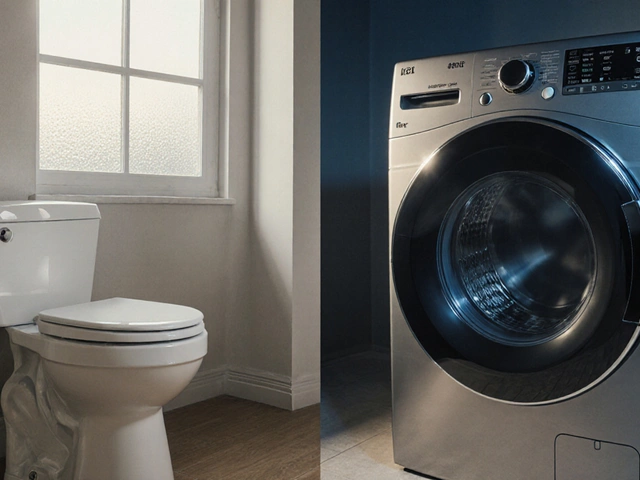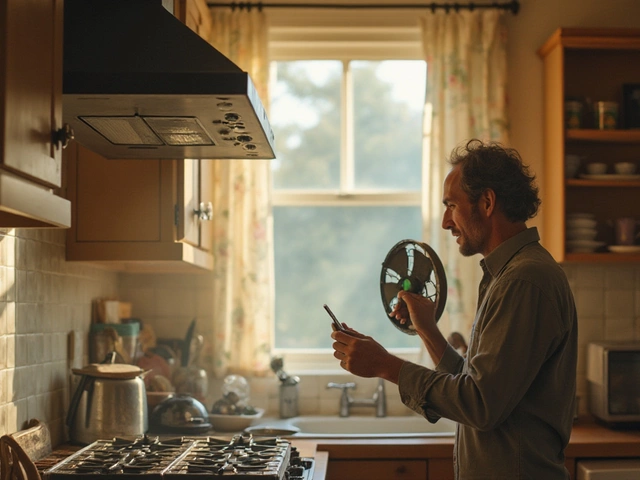Waking up to a cold shower is the worst way to start the day. Before you call a plumber, there are a few easy checks you can do yourself. Most no‑hot‑water problems are caused by something simple – a tripped breaker, a reset button, or a stuck thermostat. This guide walks you through the most common culprits and gives you step‑by‑step fixes you can try right now.
First, make sure the power or gas supply is actually on. For electric water heaters, look at your home’s breaker panel; a tripped switch will often reset with a firm flip. If you have a gas‑fired boiler, listen for the pilot light – a faint hissing sound or no flame means the system isn’t igniting. Also, verify that the thermostat is set to a warm enough temperature; many models default to 120°F (49°C). A quick adjustment can instantly bring back hot water.
If the basics check out, move on to a few hands‑on tricks. For electric tanks, locate the reset button on the thermostat (usually red) and press it – this often clears an over‑heat shutdown. For a boiler, bleed any air trapped in the radiators; a simple valve at the top of each unit releases the trapped air and restores proper flow. Next, inspect the dip tube inside the tank; a broken dip tube mixes cold water with hot water, giving you lukewarm results. Replacing it costs under £30 and is a straightforward job with a screwdriver and bucket.
Another common issue is a clogged inlet filter. Over time, sediment builds up and reduces water flow, making the heater work harder and sometimes shutting off. Turn off the cold‑water supply, unscrew the inlet nut, and clean the screen with a brush. Reassemble and restore the water flow – you’ll notice hotter water faster. Finally, check for any visible leaks around the heater or boiler; even a small drip can drop pressure and prevent the system from igniting.
If none of these steps restore hot water, it’s time to think bigger. A water heater that’s over ten years old often loses efficiency, and the heating element may be failing. For boilers, a faulty pump or a broken pressure valve can cause repeated shut‑offs. These parts usually require a professional’s tools and certification, especially when dealing with gas. Don’t risk safety – call a qualified engineer to diagnose and replace the component.
In the meantime, you can get temporary hot water by heating a kettle or using a portable electric heater. It’s not a long‑term fix, but it buys you time while you arrange a service visit. Remember, regular maintenance – flushing the tank once a year and checking the pressure gauge – can stop most no‑hot‑water surprises before they happen.

When your boiler breaks down, taking a comfortable shower suddenly feels like a luxury. This article explains exactly what happens to your shower when a boiler goes out, ways to still get clean, and when you should call in a professional. Learn alternative methods for washing, bust some myths about cold showers, and get tips on preventing future breakdowns. We even cover what to do if you have kids or need to keep up with fitness routines. Staying clean during a crisis isn’t impossible—you just need a bit of know-how and some creative solutions.

Got an electric oven that's not heating? Discover the most common issues, why they happen, and how you can fix or prevent them without calling a pro.

Learn why a toilet is classified as a plumbing fixture, not an appliance, and how this impacts warranties, insurance, and repair choices.

Explore the practical steps in diagnosing and fixing common issues with kitchen extractor fans. Learn about the signs your fan might need repair, and gather essential maintenance tips to extend its life. Whether you're a DIY enthusiast or considering professional help, this guide provides valuable insights for restoring your kitchen ventilation system to optimal performance. Discover how regular upkeep can prevent costly replacements.

If your cooker suddenly stopped working, it might be due to a range of reasons from electrical issues to simple user errors. Understanding the root cause is key to fixing the problem efficiently. In this article, we explore common reasons why cookers fail and offer practical troubleshooting tips to get your appliance working again. From checking the power supply to examining electrical components, we cover it all. Get your cooker back up and running with our straightforward guide.

Pressure cookers can usually be repaired, and fixing them at home can save both time and money. This article covers how to spot common problems, which parts can be replaced, and when to leave repair jobs to the pros. You'll also find smart tips to keep your pressure cooker running safely. Even if you're not a 'handy' person, a lot of repairs are easier than you’d think. Don't toss out that pressure cooker until you know what can actually be fixed.